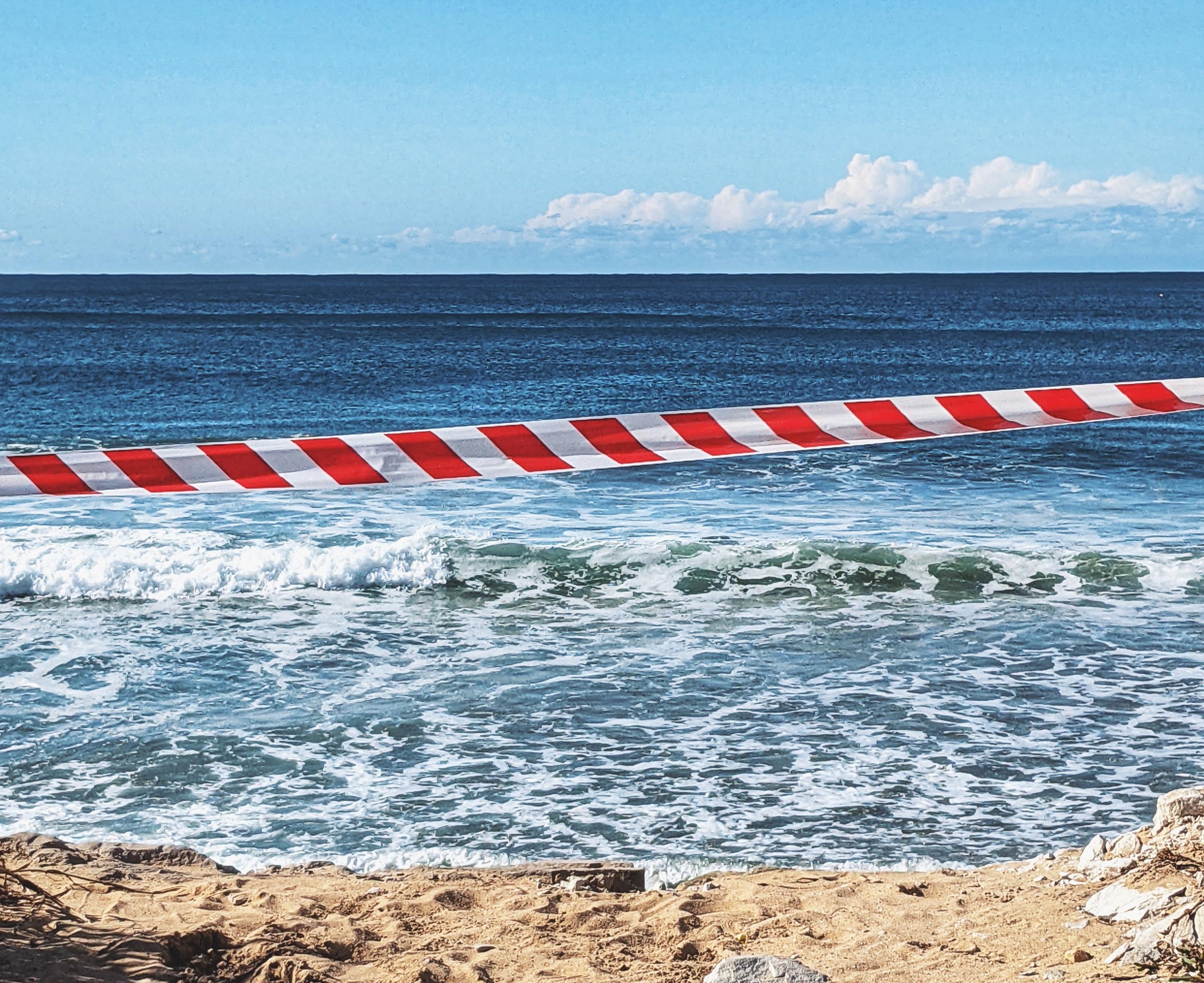Like all buildings in settler-colonial territories such as Australia, climate change mitigation and adaptation infrastructures are built on stolen land. Accordingly, contextualizing these architectures within the colonizer myths and temporalities that precede them is critical work – whether for the spatial practitioners involved in their design, or for those agitating against their construction in the first place.
As Agent of Change, Oskar Johanson sustained research into one particular species of infrastructure – ‘echo works’ – structures that reverberate with the logic of the famed hydrological fortifications of the Dutch coast, even as this logic is increasingly seen to be outmoded, if not completely futile. Oskar argued that these works include the chain of seawalls built on the duneland of the east coast of Australia, whose geometry secures private property against wave action while degrading the commons of the public beach. An important aspect of these local echo works is the place of the beach itself in the Australian imagination – as both the expression of the Australian lifestyle par excellence and a zone of exclusion and domination.
As part of the project, in collaboration with Oskar the IABR organized a seminar to discuss the themes of echo works more broadly. The event brought together spatial practitioners and researchers from Australia and presented a number of positions on land – occupation, time, the visual culture of catastrophe, and nationalist myth – to better reveal the work that has already been done, and that which is yet to be done.
View the webinar Knowledge Systems in Colonized Territories by Oskar Johanson:








